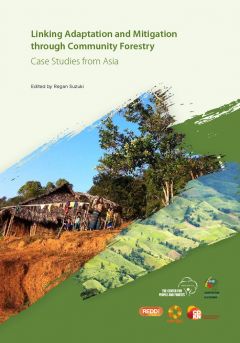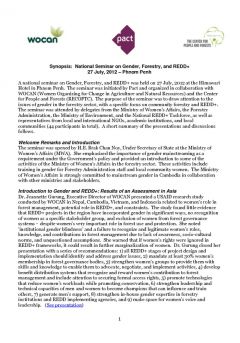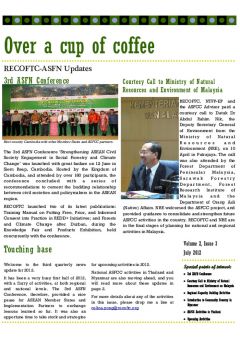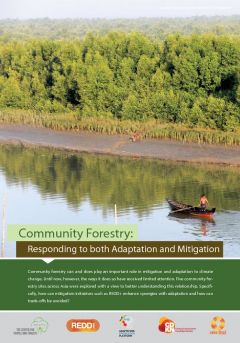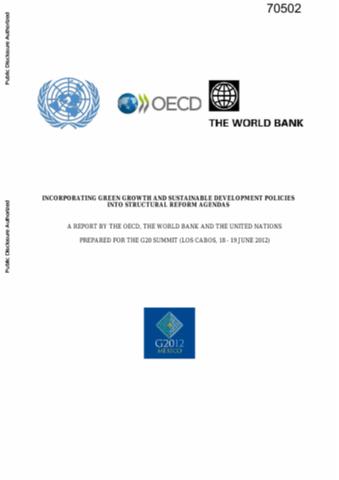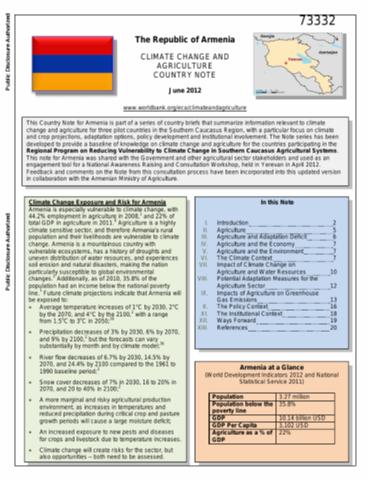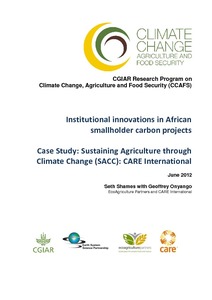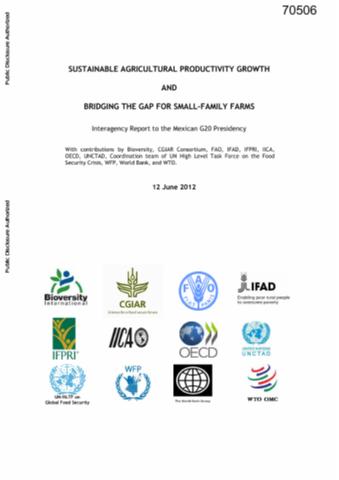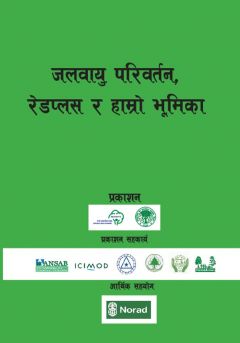Linking Adaptation and Mitigation through Community Forestry: Case Studies from Asia
"The main argument for community forestry, in the context of climate change, is that it responds to multiple interests. Forests, and in particular community forestry, represent a bundle of assets and benefits. They serve as a safety net in times of hardship and support critical ecosystems required for well-being. The cases point out that while the contributions of community forestry to mitigation are well-recognized, in the case of adaptation, community forestry is equally well placed to support adaptive capacity, but this is not automatic." - Regan Suzuki

